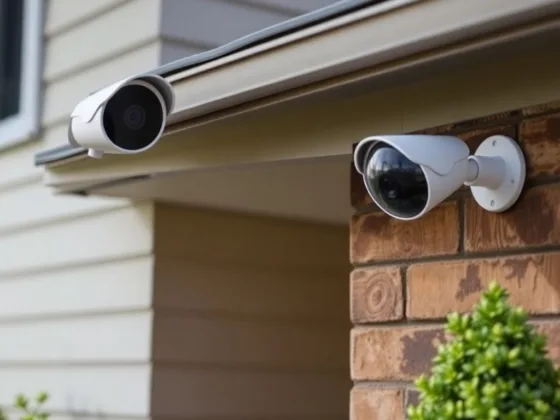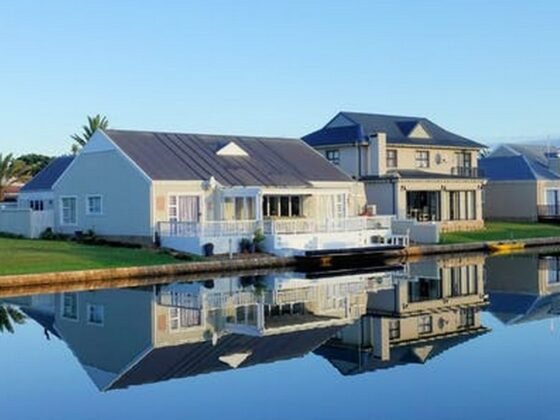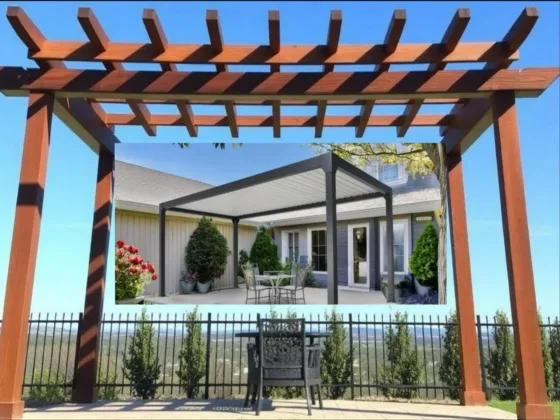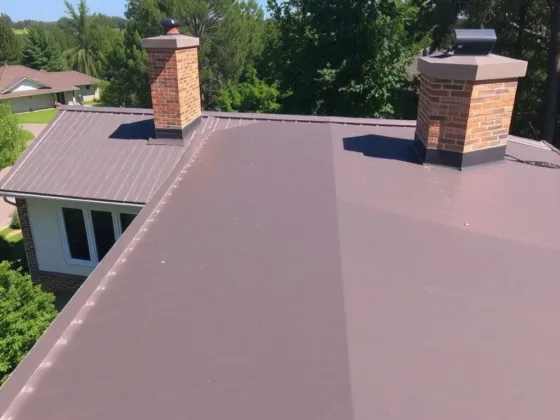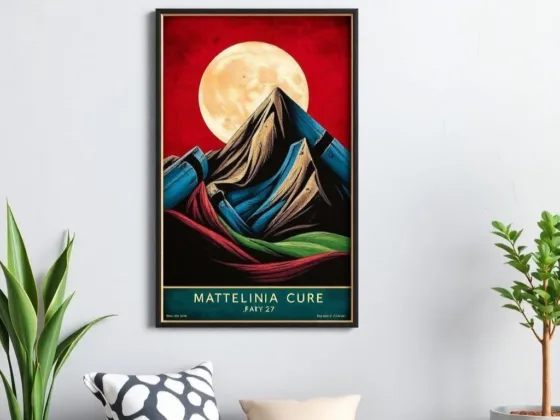Table of Contents Show
A roof coating is a fluid roofing membrane that is applied to your already existing roof. The coating acts as a barrier that helps protect your property’s roof from the elements and can help reduce the building’s energy expenses.
There are numerous types of roof coating. Choosing the one that is right for you and your property can be extremely beneficial, helping to assure that the product works to the best of its ability.

Read on to learn more about the advantages of having roof coating and what type of roof coating might best suit you.
What Are the Benefits of Roof Coating?
Read Also:
Increases Your Roof’s Lifespan
One of the most notable benefits of roof coating is the extension of one’s roof’s life. On average, roofs only last for approximately 20 to 25 years.
After that time, the roof must be replaced. However, with the addition of a properly installed and maintained roof coating, the roof’s lifespan may be prolonged by up to 10 to 20 years.
Reduces Your Home’s Energy Consumption
The roof coatings’ reflective properties help reduce the amount of energy used during the day, helping to improve the energy efficiency of your property.
Furthermore, the roof coating’s emissive properties can significantly cool roof surface temperatures. This is particularly valuable for unconditioned spaces.
Decrease of Construction Debris
By utilizing a roof coating and improving a roofing system’s lifespan, you are able to decrease the amount of debris produced during roof repairs.
Improve Levels of Sustainability
Complete roof replacements create millions of tons of waste annually, ultimately ending up in landfills across the country. Extending the lifeline of roofs by utilizing a roof coating helps decrease the amount of roofing material that ends up in a landfill.
Cost-effective
Opting for roof coating is a cost-effective option, as opposed to replacing your whole roof. Roof replacement can be quite costly.
On the other hand, roof restoration through the help of roof coating can be a cost-effective solution, requiring 50 to 70 percent less than a complete roof replacement.
What Are the Types of Roof Coating?
While a roof coating, in general, will allow you to reap the benefits listed above, different types of roof coatings better suit certain types of roofs. These factors may include roof type, roof age, weather conditions, and aesthetics.
Here are a few of the most common kinds of roof coating.
- Acrylic roof coatings were traditionally used to restore metal roof surfaces, but they have now been innovated to include other roofing surfaces, such as built-up roofs and single-ply. Acrylic roof coatings are a durable and affordable option.
- Asphalt emulsion. Asphalt emulsion roof coating is another affordable option. It is easy to work with medium and is typically used to level out any irregularities that often take place on modified bitumen and built-up roofs.
- Butyl rubber. Because of its naturally low permeability properties, butyl rubber is generally used to help seal out vapor.
- A great option for those seeking UV protection and resistance to ponding water.
- Urethane (Polyurethane). A combination of strength, durability, and adhesion. In comparison to other types of roof coatings, urethane is more impact-resistant.
Bottom Line
A roof coating’s performance is contingent on a wide range of factors, such as roof type and age, weather conditions, and desired aesthetics. Speak to the experts. To learn and find more at jacksoncontractingsite.com.




